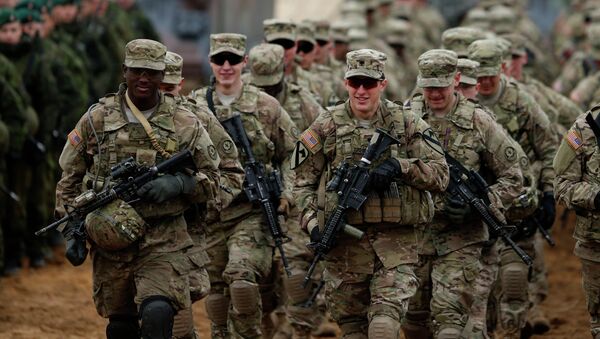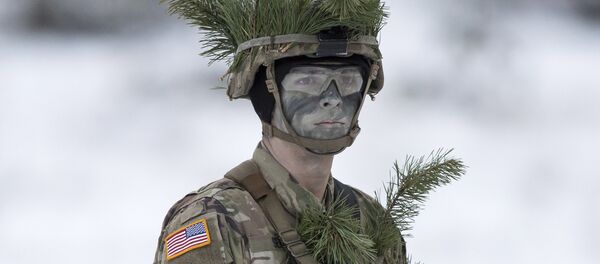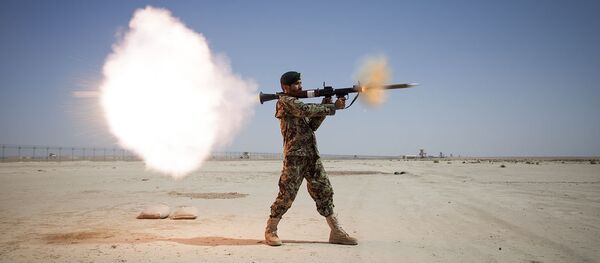"The key benefit provided by secure Wi-Fi is the velocity that it brings" to communication networks infantry commanders use to relay information. Every time the brigade command post moved positions on a simulated battlefield, the Wi-Fi network allowed commanders to reach key mission command systems in minutes as opposed to the hours it took when commanders had to wire a command post to get access to certain networks, Military.com reported Thursday.
The pilot exercises to improve battlefield communication networks ended in late November, the Army said this week.
"Lack of mobility and agility are amongst the biggest factors making today's large command posts vulnerable in near-peer threat environments," Lt. Col. Mark Henderson said in a news release, adding that secure Wi-Fi "increases mobility and flexibility."
Without wireless tech setup, troops have to lug around network cable boxes weighing hundreds of pounds, ultimately reducing the pace of operations.
A secure wireless network is not exactly groundbreaking technology. Integrating technologies with fighting units, though, requires meeting the actual needs of the warfighter instead of designing a system and telling the warfighter to use it.
It's important not to decide what the physical form of something looks like before your understand the functional requirements," according to Col. Michael Ernst, US Army training manager for Mission Command/Command Posts.
"We're spending a lot of intellectual energy understanding how decisions are made, how commanders and organizations pass information, how they use knowledge," Ernst said last May, "and then try to design systems that enable that rather than design the system and then force people to use it."






